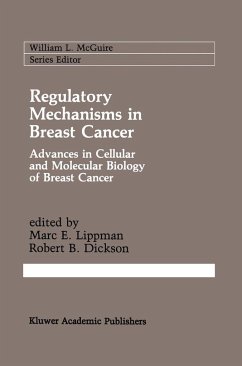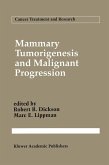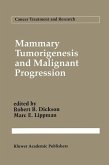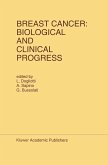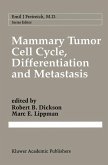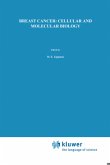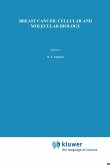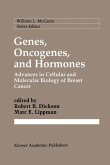In Breast Cancer: Cellular and Molecular Biology [Kluwer Academic Pub lishers, 1988], we tried to present an introduction to the emerging basic studies on steroid receptors, oncogenes, and growth factors in the regulation of normal and malignant mammary epithelium. The response to this volume was superb, indicating a tremendous interest in basic growth regulatory mechanisms governing breast cancer and controlling its malignant progres sion. In the two years since its publication, much new and exciting in formation has been published and the full interplay of regulatory mechanisms is now beginning to emerge. We have divided this book into four sections that we hope will unify important concepts and help to crystallize areas of consensus and/or disagreement among a diverse group of basic and clinical scientists working on the disease. The first section is devoted to studies on oncogenes, antioncogenes, proliferation, and tumor prognosis. The first chapter, by Sunderland and McGuire, introduces the characteristics of breast cancer as studied by patho logists to establish prognostic outcome. Of particular interest is a new proto oncogene called HER-2 (or neu), which is rapidly becoming accepted as a valuable new tumor marker of poor prognosis. The second chapter, by Lee Bookstein and Lee, introduces the best known antioncogene, the retinoblas toma antioncogene, whose expression is sometimes lost in breast cancer. Malignant progression appears to be influenced by the balance of proto oncogene and antioncogene expression.
Hinweis: Dieser Artikel kann nur an eine deutsche Lieferadresse ausgeliefert werden.
Hinweis: Dieser Artikel kann nur an eine deutsche Lieferadresse ausgeliefert werden.
This book is excellent in overall quality. The book is an important and useful addition to the scientific literature. It provides a fresh perspective on breast cancer for students and for clinical and basic researchers alike.Journal of the Nat. Cancer
This book is excellent in overall quality. The book is an important and useful addition to the scientific literature. It provides a fresh perspective on breast cancer for students and for clinical and basic researchers alike.Journal of the Nat. Cancer

